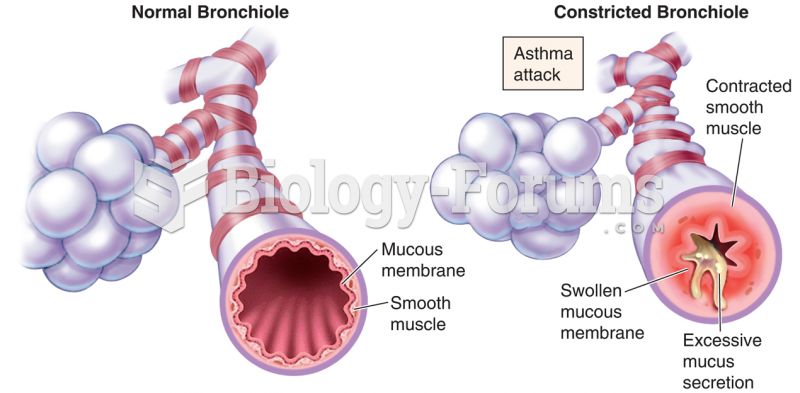This topic contains a solution. Click here to go to the answer
|
|
|
Did you know?
Adults are resistant to the bacterium that causes Botulism. These bacteria thrive in honey – therefore, honey should never be given to infants since their immune systems are not yet resistant.
Did you know?
If you could remove all of your skin, it would weigh up to 5 pounds.
Did you know?
After 5 years of being diagnosed with rheumatoid arthritis, one every three patients will no longer be able to work.
Did you know?
The familiar sounds of your heart are made by the heart's valves as they open and close.
Did you know?
The Romans did not use numerals to indicate fractions but instead used words to indicate parts of a whole.







